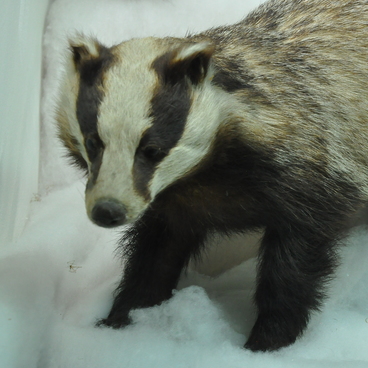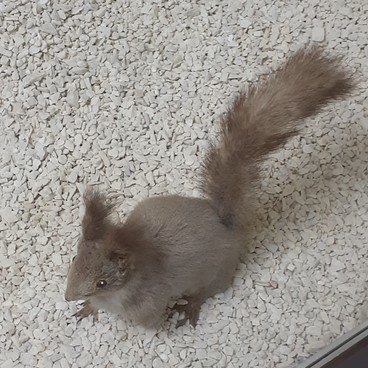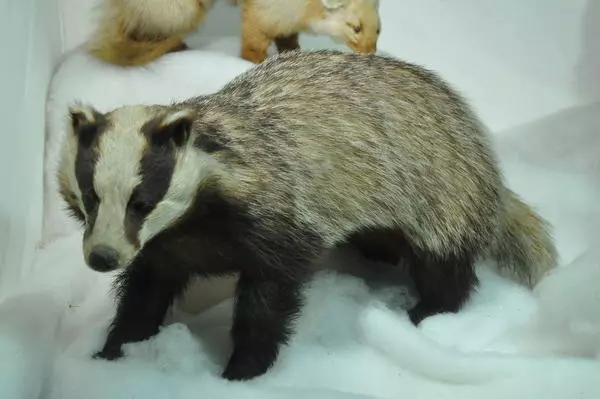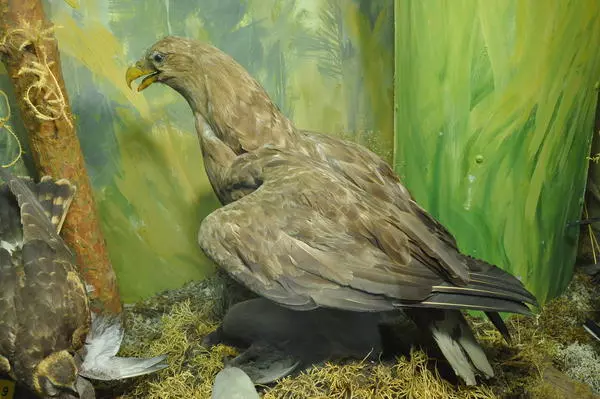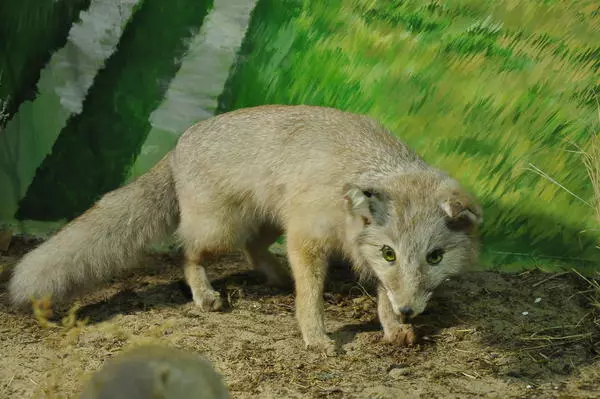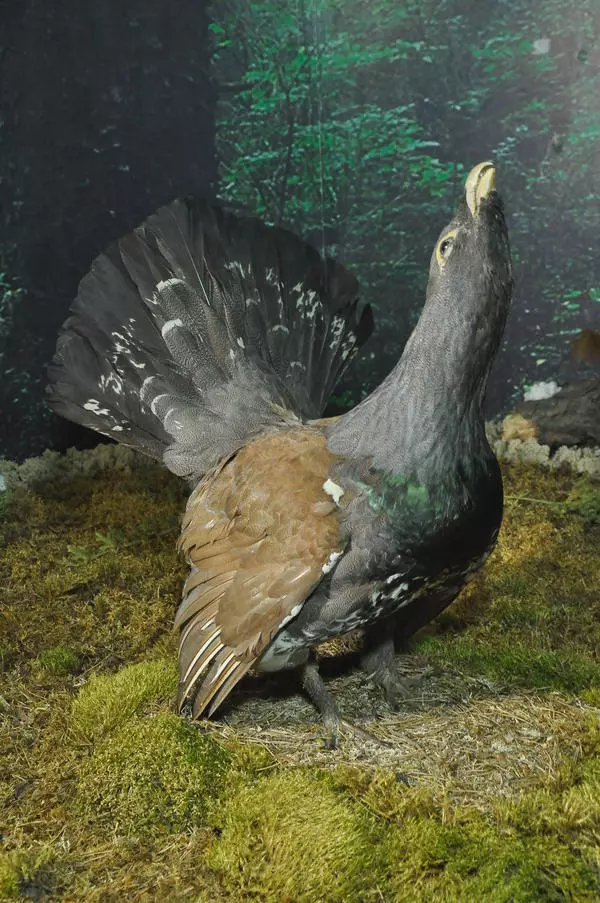An ordinary hedgehog belongs to the entomorphages. Its Latin name is Erinaceus europaeus. Hedgehogs live in floodplain and leaf-bearing forests, parks, forest meadows and outskirts. They avoid continuous forests and swamps, preferring sparse, dry areas. Hedgehogs spend the day in a nest of branches and leaves, which are built under the roots, or in other shelters. They go hunting at night. In spring, people often come across them in the daytime, when they eat quite a lot after winter hibernation.
The animals usually build their nests in bushes, pits, caves, abandoned rodent burrows or tree roots. A hedgehog nest is about 15-20 centimetres in diameter and contains bedding made of dry grass or leaves and moss. Males are aggressive, they jealously guard their areas. During the mating period, males sing producing a low monotonous whistle.
The average hedgehog has about 10 thousand needles. They are renewed every three years. Hedgehogs take care of their thorns with the help of their long middle toes. They lick their chests with their tongues. Shedding in ordinary hedgehogs occurs slowly, usually in spring or autumn. Only one in three needles change in a year, on average. Each needle grows for 12-18 months. These animals live in nature for 3-5 years and up to 8-10 years in captivity.
Hedgehogs collect inactive animal food. In order to find such food, it is imperative to run a lot and cover long distances. Hedgehogs cover several hundred meters overnight, collecting food from the ground or digging up the soil to shallow depths. The paws of hedgehogs have five fingers, but the first finger does not always leave a footprint. There are often stripes between the traces of claws scraping on the ground.
Although the hedgehog seems to be a harmless laggard, it shows an unexpected speed and agility, when confronted with large prey, such as a rat or snake, killing the victim with a lightning-speed bite to the back of the head. The hedgehog has 36 teeth, which, like in humans, can fall out in old age.
These animals are immune to viper poison, although they do not hunt snakes on purpose. However, if possible, the hedgehog will eat the viper with great appetite. Also, these animals are hardly affected by even the strongest poisons: mercury bichloride, arsenic, potassium cyanide and prussic acid.
